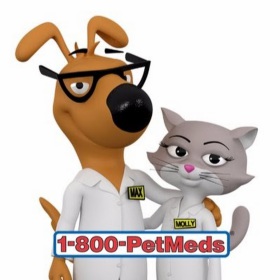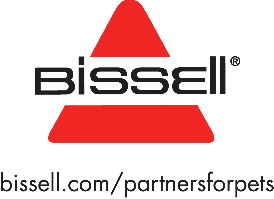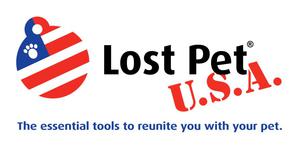Fish Meal / Fish Oil Benefits
Fish has long been recognised as a health promoting food. Increasing evidence points to the fat in fish, and particularly the long chain (C20 and longer) omega-3 fatty acids it contains, as being
an important factor in the diet of man and animals contributing to good health.
In man and intensively reared animals it appears that diets have become unbalanced in terms of the make-up of fat - particularly polyunsaturated fatty acids. The content of omega-3 (n-3) fatty acids
has declined and that of omega-6 (n-6) fatty acids increased. By supplementing with fish lipids which are rich in long chain omega-3 fatty acids the balance can be restored. A ratio of n-6:n-3 fatty
acids of around 5:1 is now regarded as optimal particularly where the n-3 fatty acids are supplied as EPA and DHA. The latter are found mainly in fish oils and certain marine algae. They are also
present in the lipids in fish meal. Where the n-3 fatty acids are provided predominantly as linolenic acid which is found in plant oils, this is of limited effectiveness which varies between animal
species. Furthermore, as the ratio increases beyond 5:1 effectiveness reduces further.
Researchers have cited evidence that the oil (lipids) in fish, rich in long chain n-3 fatty acids may help reduce the incidence of the following diseases in humans:-
- Impaired development of brain and visual acuity
- reduced intellectual capacity in infants
- aggression and depression
- Neurological dysfunction, including visual symptoms
- Coronary heart disease:
- restenosis
- cardiac arrhythmias
- Mild hypertension (high blood pressure)
- Inflammatory and auto-immune disorders:
- rheumatoid arthritis
- psoriasis
- ulcerative colitis
- asthma
Fish Lipids to Improve Animal Health and Produce Healthier Food
In animals too there is increasing evidence that inclusion of fish lipids in the diet improves health. Both fish oil and fish meal supply lipids. For poultry they can improve disease resistance by
moderating the immune reaction to disease challenge and improving specific immunity. The long-chain n-3 fatty acids (EPA and DHA) were shown to be the active component of fish oil in terms of its
effect on coccidia. Whilst flaxseed which also contains shorter chain (18 carbon) n-3 fatty acids (linolenic) has some benefit where birds are infected with coccidia, it is less effective than fish
oil. Experimentally, benefits have been shown from feeding fish oil to birds challenged with coccidiosis and in those in which ascites (heart failure) was induced. Preliminary work in poultry shows
improved bone formation also.
In pigs benefits were seen following a challenge with bacterial sepsis (E.coli). In cattle when lung tissue was infected with pneumonia, defence against this pathogen was increased with dietary fish
oil.
In ruminants and pigs reproductive performance can be improved. Higher conception rates were obtained in dairy cows. Embryo implantation may also be improved.
Manipulating Fat Composition
Feeding the long chain n-3 fatty acids EPA and DHA leads to their deposition in intra- muscular fat and in eggs, particularly as phospholipids. There is some production by the animal of EPA and DHA
from 18 carbon n-3 fatty acids (linolenic synthesis) which occurs in some vegetable oils such as linseed (flax) and fresh forages. Chain elongation, especially to DHA, tends to be limited. If dietary
n-6 : n-3 ratios are high (over 10:1) there is evidence that chain elongation may almost cease. Consequently EPA and DHA deposition is more effective when these fatty acids are provided as such
rather than in the 18 carbon (linolenic acid) precursor form.
Deposition of EPA and DHA in animal products such as meat and eggs provides a valuable source in the human diet. It tends to restore the n-6 : n-3 fatty acid balance in these products to levels
closer to those in the animal?s wild or extensively reared counterpart. Fish meal and oil provide the most cost effective source of EPA and DHA for animals. In the presence of adequate levels of
vitamin E, up to 2% fish lipids can be incorporated in the diet without adversely affecting meat/egg flavour.













